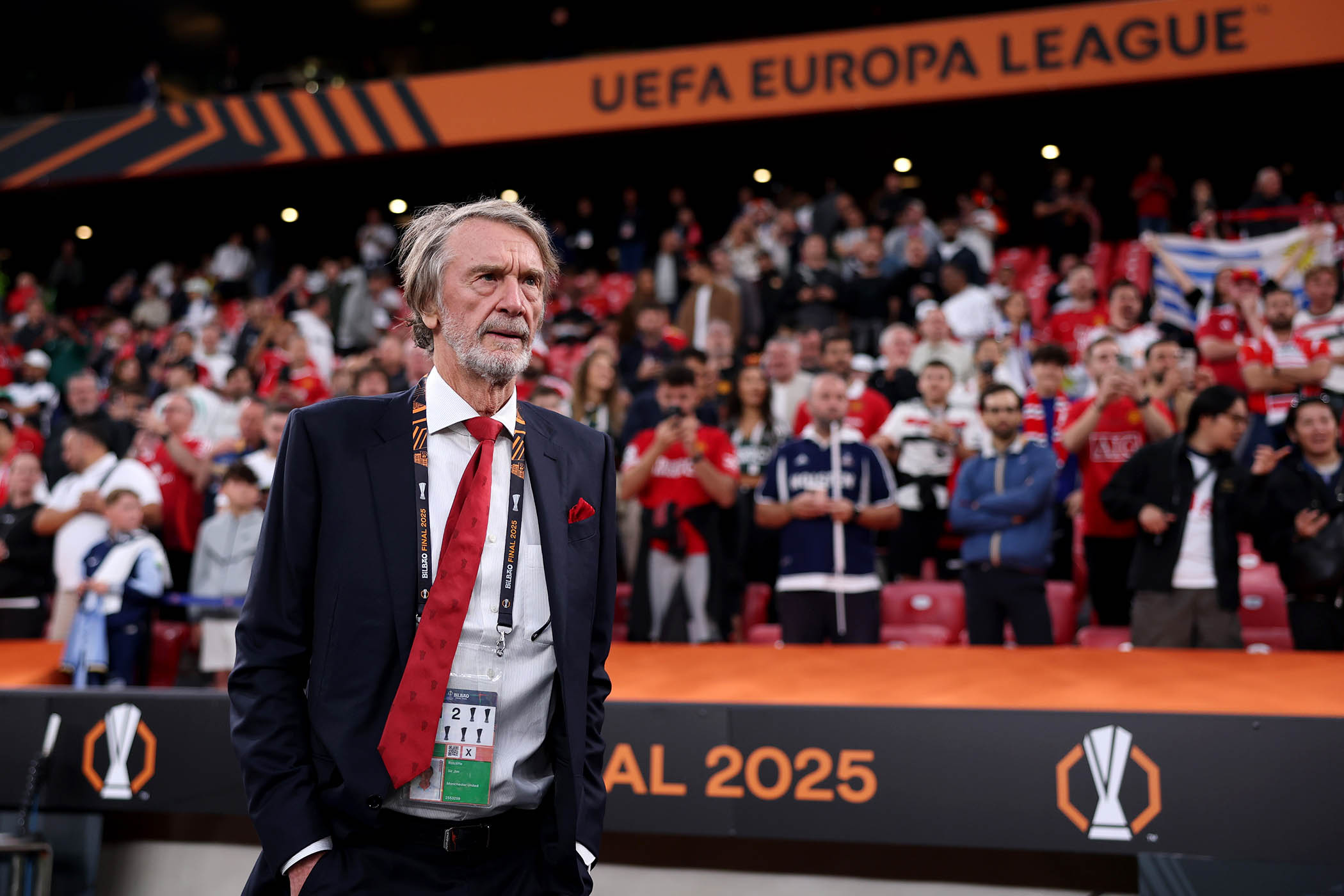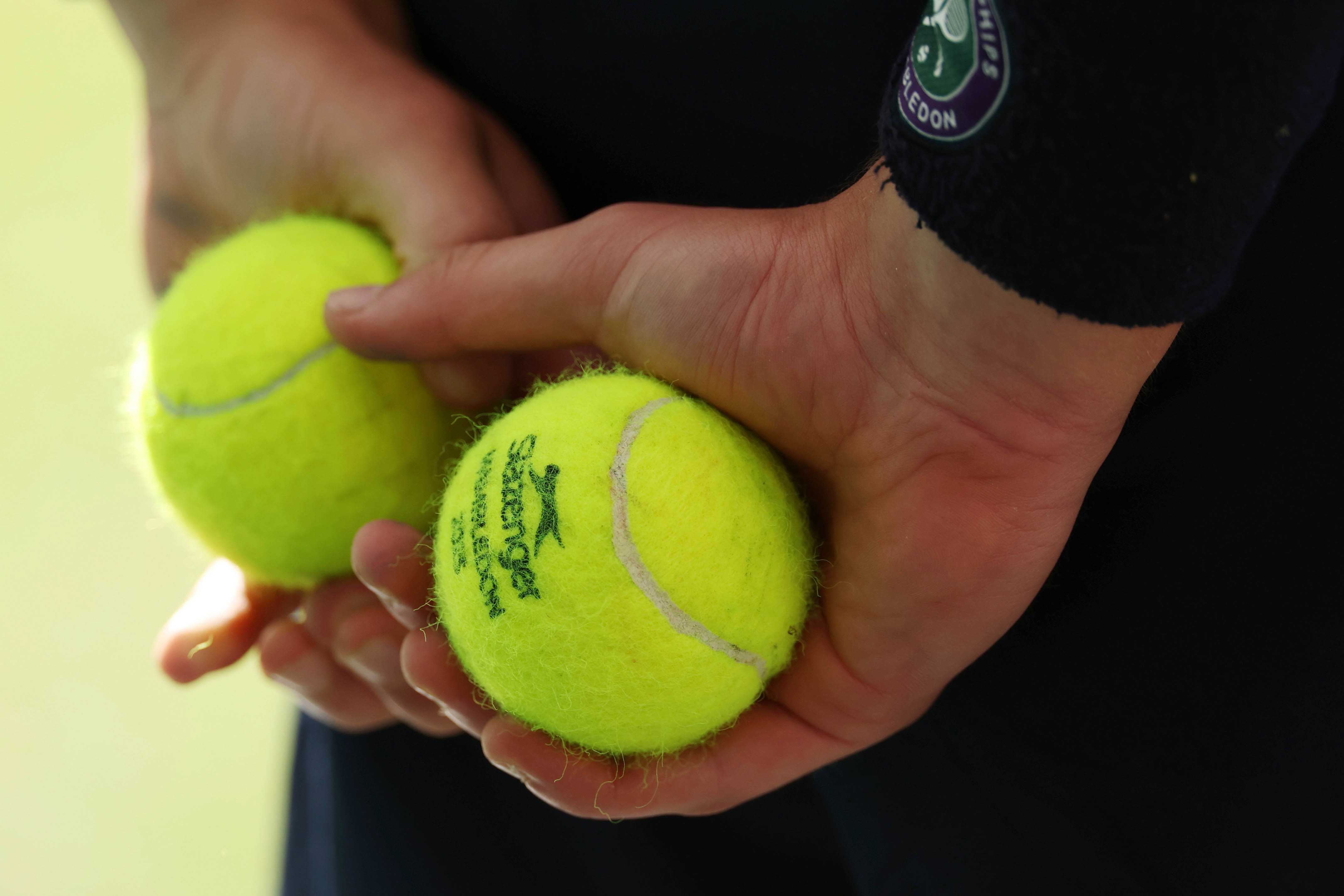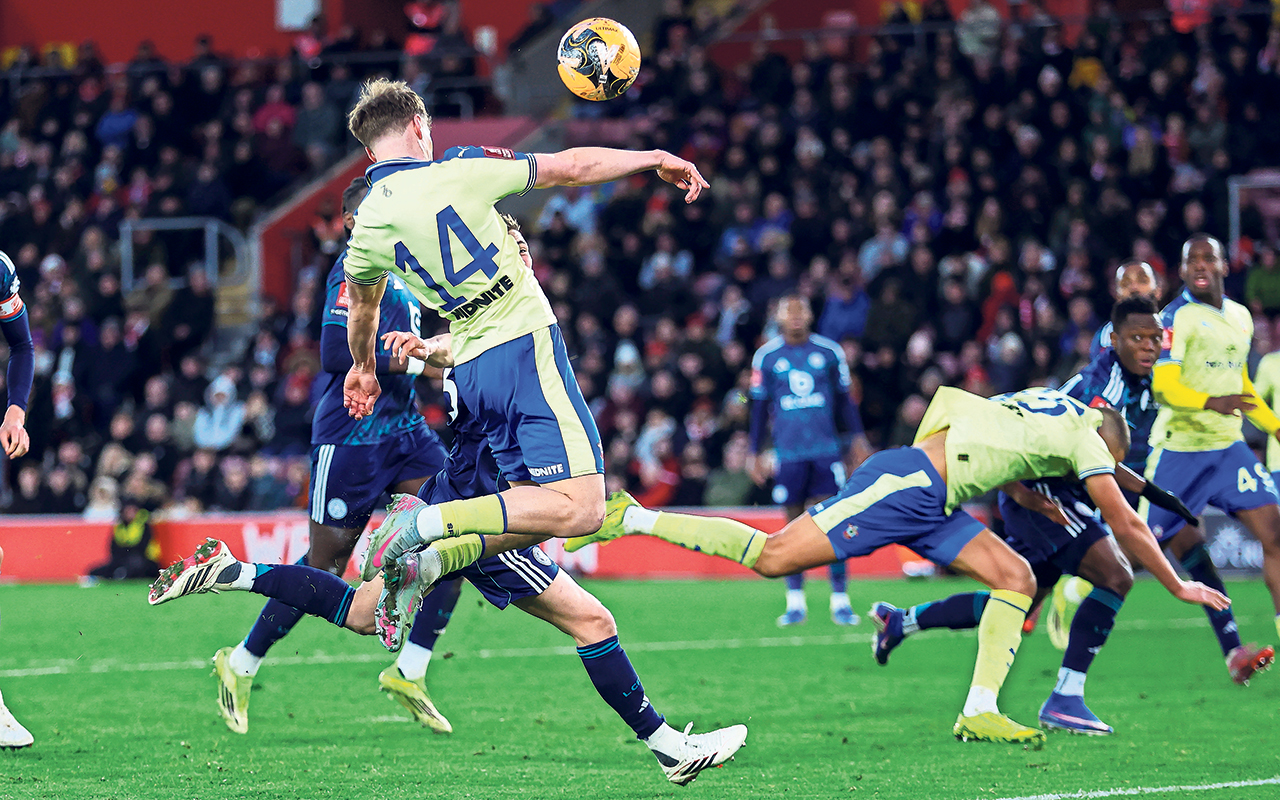In the 12 years since legendary manager Sir Alex Ferguson retired, Manchester United has been a football club in decline. Last season not only did the team fail to win a trophy, or qualify for European competition, it finished 15th out of 20 in the Premier League.
To some, this looks like structural decline: the Red Devils will never again dominate in the way they did under Sir Alex. One of Britain’s richest men, Sir James Ratcliffe, is not one of them, however: almost two years ago he invested in the club, believing that their present predicament was merely a cyclical downturn, to be swiftly followed by a new era of success.
Does Sir Jim think the same way about Ineos, the company that helped him get so rich? The group’s chemicals business has been hurting badly. However, much depends on whether its recent decline is structural or cyclical.
In the last week or so there has been a sharp fall in the value of Ineos debt, which is down by more than 15% this year and was recently downgraded into junk bond territory by some credit analysts.
There are many causes, from price pressure resulting from global over-capacity (which sounds structural), to high energy prices in Europe (probably structural) and American tariffs (who knows?).
The chemical business and the football club both carry a lot of debt, but at United the challenges feel as if they are more cyclical – less to do with money and earnings power and more with player choice, tactics and personalities. Meanwhile, at Ineos, the problems seem more deeply rooted.
Nevertheless, in recent weeks, United’s team has shown some signs of improvement. Of course, this could be a false dawn. But, for now, Ratcliffe’s fans see a lesson that could apply equally to Manchester United and to Ineos: when the going gets tough, never bet against Sir Jim.
Photograph by Alex Pantling/Uefa via Getty Images
Newsletters
Choose the newsletters you want to receive
View more
For information about how The Observer protects your data, read our Privacy Policy



